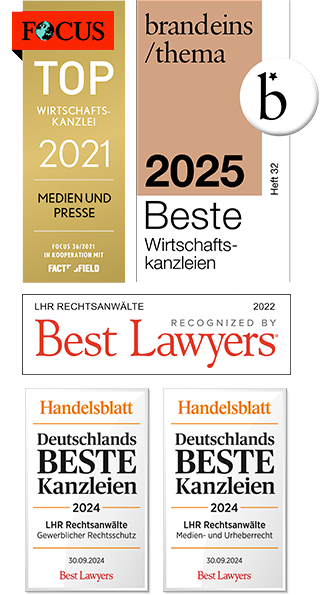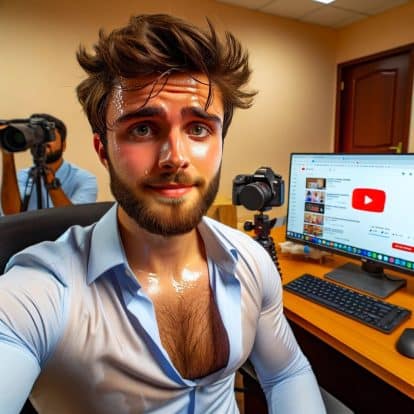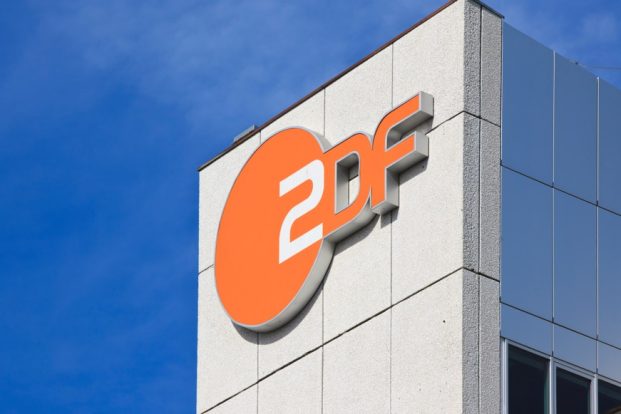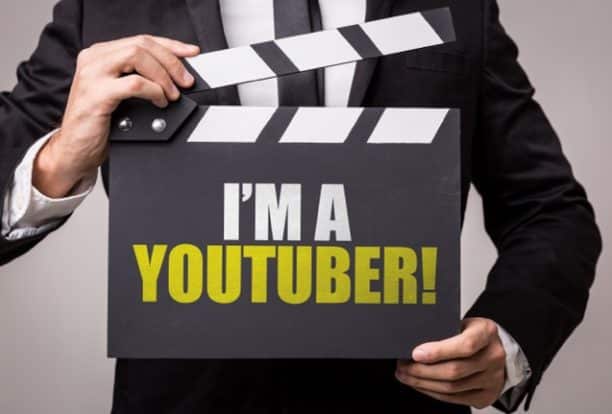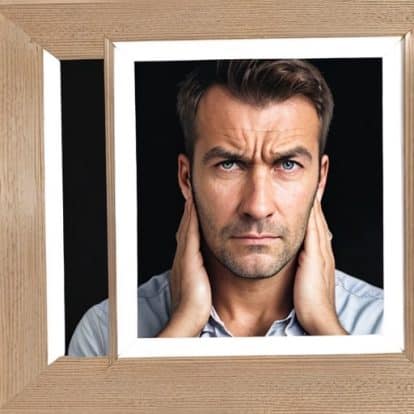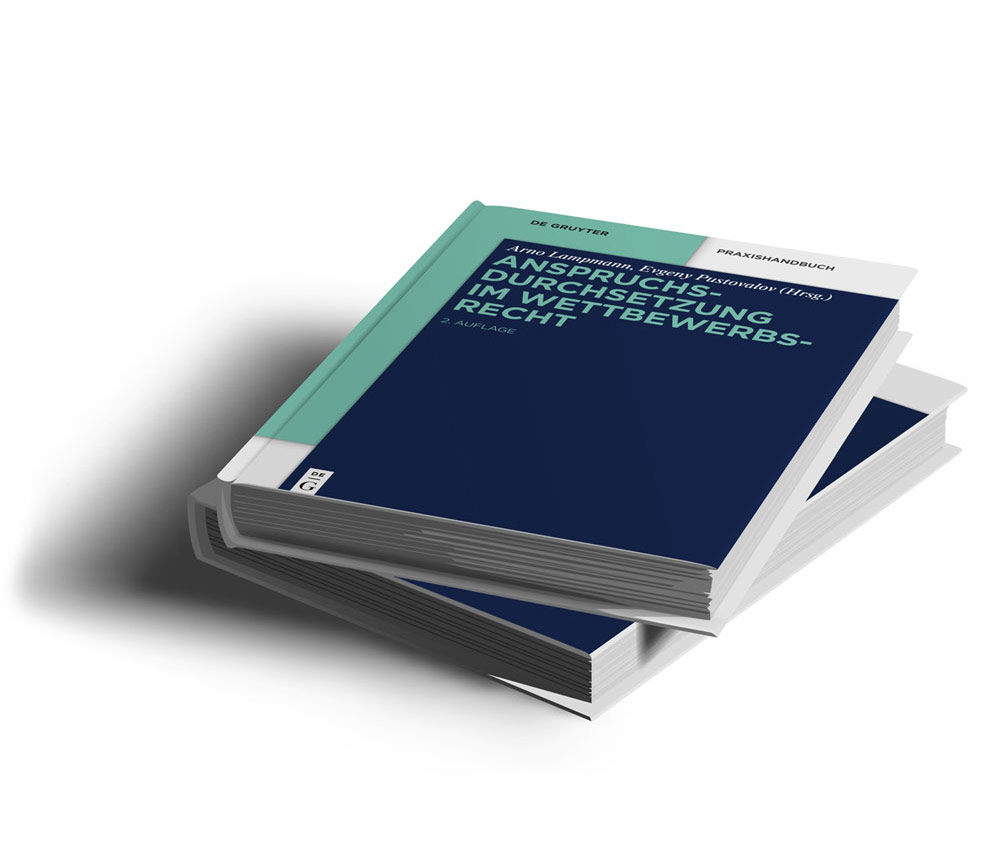Cologne Regional Court bans property influencers from ‘victims of justice’ by means of a temporary injunction

Own content is not completely out, but it is no longer so important. At least when you can attract a lot more attention by criticising well-known personalities.
One example of this naughtiness is Oliver Pocher’s ‘screen control’. The advantage is not only that you don’t need your own ideas. You can also present yourself to your fans as a critical voice and helping hand.
While Pocher’s channel, as despicable as it is, may not always be illegal, videos that are only superficially dedicated to reporting and are in reality disdainful advertising and the disparagement of competitors always are.
Cologne Regional Court bans ‘justice victim’ video
The Regional Court of Cologne (LG Köln, decision of 18 July 2024, Ref. 33 O 284/24) has accordingly issued an interim injunction in favour of a successful real estate influencer against a – unsurprisingly – less successful competitor at the request of LHR Rechtsanwälte.
This prohibits it and its managing director from complaining in YouTube advertising videos about its legal action against unfair advertising (on YouTube).
Taking legal action per se is not worthy of criticism
The Regional Court agreed with the applicant that it is inadmissible to publicly criticise a competitor for taking the path provided for by the rule of law. Namely, a warning – and then, if necessary, an interim injunction or legal action.
‘Unbelievable! We have been warned!!!’
This is all the more true if the vociferous reporting fails to mention what the specific target of the warning was: in this case, unfair and therefore unlawful advertising (which is the subject of a separate action and is also likely to be prohibited).
Amount in dispute € 80,000, fine of up to € 250,000
In the event of non-compliance, a fine of up to € 250,000, or alternatively up to 6 months’ imprisonment, may be imposed. The order is not yet legally binding or final; it is currently being served on the opponent’s authorised representatives. Appeals are possible.
Compensation for damages
In addition to the mere omission, the ‘critical’ competitors naturally also owe damages, which are not limited to the court and legal costs incurred to date.
